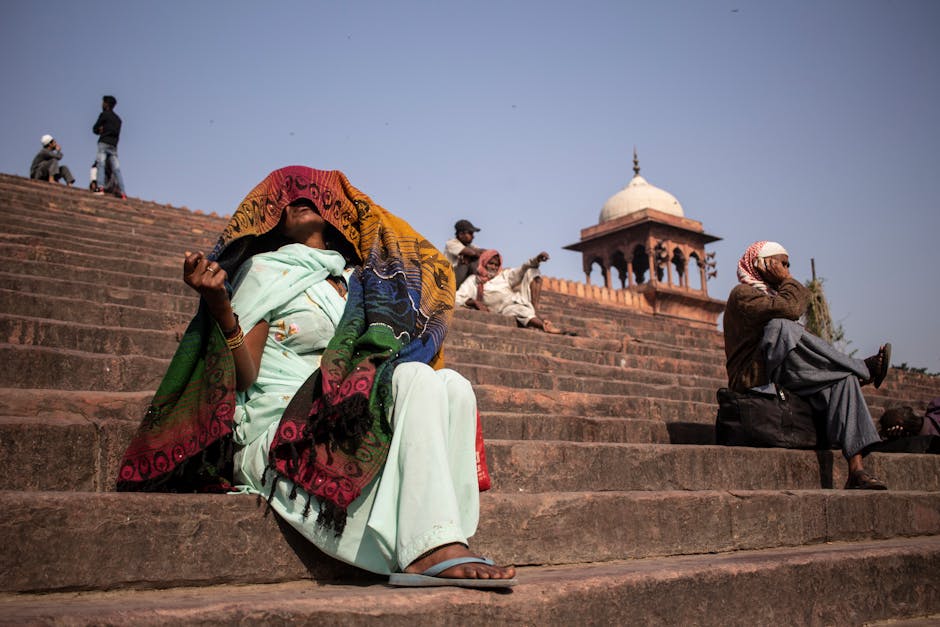New Delhi – India’s Ministry of Home Affairs (MHA) has officially stated there was no role of India in stopping a Nepali citizen from travelling to Berlin from New Delhi’s Indira Gandhi International (IGI) Airport. The ministry dismissed allegations suggesting Indian involvement as “unfounded and baseless.”
The strong denial follows a recent controversy where a prominent Nepali national was denied boarding by an airline at IGI Airport. The incident led to widespread speculation on social media, with accusations that Indian authorities had intervened at the request of another government.
Baseless Allegations Spark Controversy
In a strongly-worded statement, sources within the MHA clarified the standard procedures at India’s international airports. They stressed that the Bureau of Immigration, which operates under the MHA, is solely responsible for verifying the travel documents of departing passengers.
“The decision to allow a passenger to board an aircraft is the sole prerogative of the concerned airline,” an MHA official explained. “Our immigration officers check for the validity of the passport, visa, and other necessary travel documents. Once these are found to be in order, an exit stamp is given.”
MHA Clarifies: Immigration’s Role vs. Airline’s Authority
The incident involved a Nepali citizen travelling from Kathmandu to Berlin with a layover in New Delhi. Upon reaching the final boarding gate, the individual was reportedly informed by airline staff that they could not continue their journey. The passenger’s subsequent claim that the denial was based on a “directive” fueled accusations against Indian authorities.
However, the MHA has distanced itself from these claims, clarifying its limited jurisdiction. “We do not have the authority to prevent a foreign national, who is in transit and possesses valid documents, from travelling to a third country,” the official added.
Destination Country’s Directives are Key
The MHA further explained that such “denial of boarding” decisions are typically made by airlines based on direct communication from the authorities of the destination country.
“If a country, in this case Germany, has reservations about a particular passenger entering its territory, it communicates this to the airline, not to the immigration authorities of the transit country,” the official elaborated. Airlines are obligated to follow these instructions to avoid heavy penalties for transporting a passenger who is later denied entry.
The MHA’s swift and unambiguous response aims to quell the narrative that India is interfering in the affairs of its neighbours or restricting the movement of foreign nationals transiting through its airports. The focus now shifts to the other parties involved for further clarification. As of now, the airline and the German embassy have not issued public statements.




